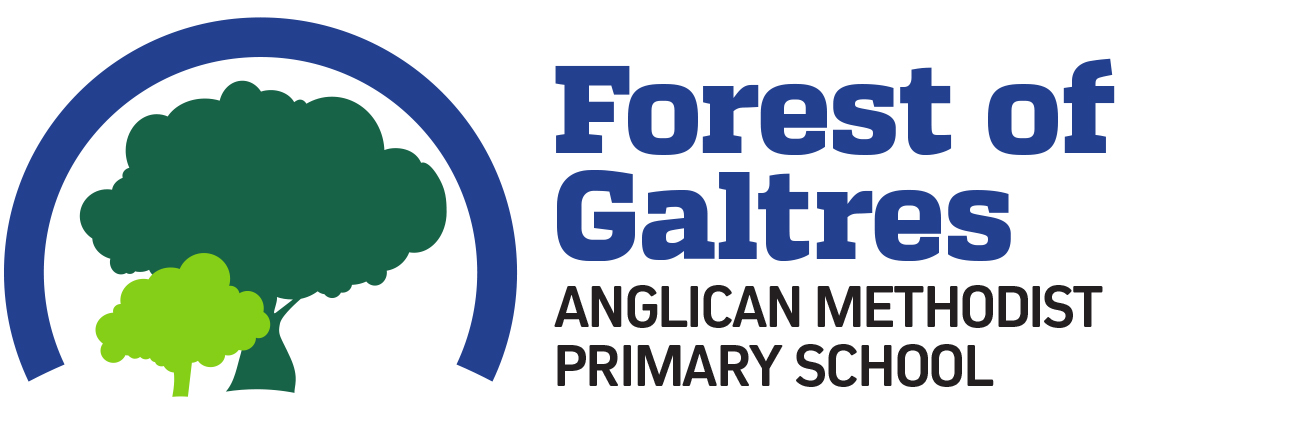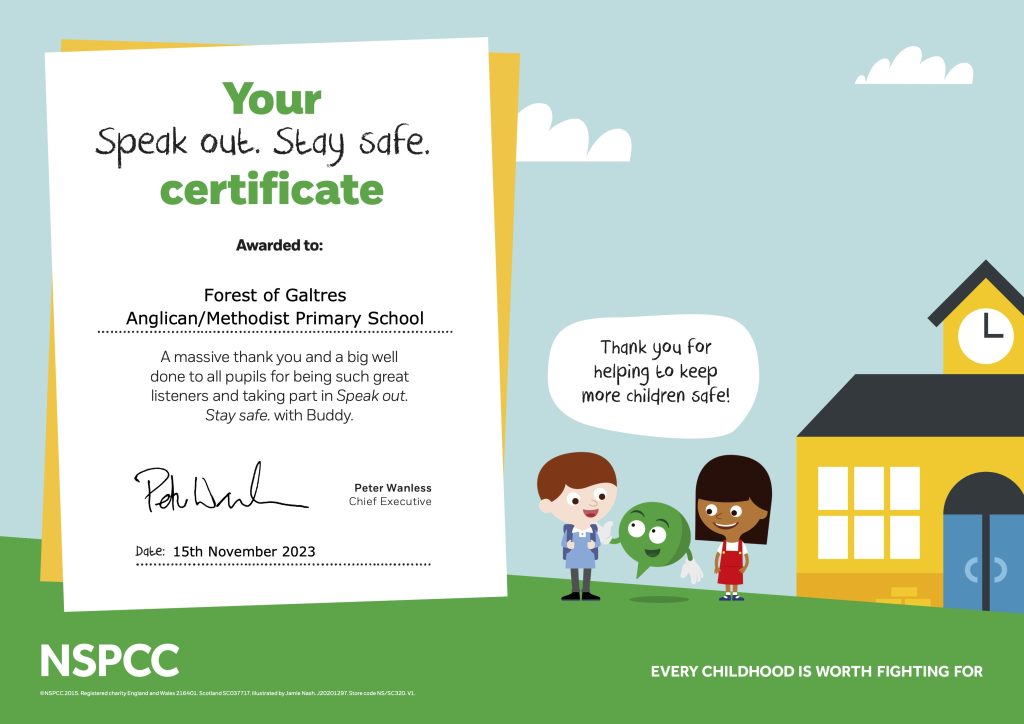Safeguarding
Safeguarding and Child Protection Staff
- Mrs Hannah Holmes Principal, DSL & Mental Health Lead
-
Mrs Rachel Mackay SENDco
- Mrs Sue Scott Safeguarding Governor
-
Mrs Rebecca Rimmer Deputy Designated Safeguarding Lead
-
Mrs Beth Prihar Deputy Designated Safeguarding Lead
Safeguarding
Our school ensures children learn in a safe, caring and enriching environment. Children are taught how to keep themselves safe, to develop positive and healthy relationships and how to avoid situations where they might be at risk including by being exploited.
The school also has a statutory responsibility to share any concerns it might have with other agencies and in particular police, health and children’s services about a child in need of protection. Schools are not able to investigate child protection concerns but have a legal duty to refer them. In most instances the school will be able to inform the parents/carer of its need to make a referral. However, sometimes the school is advised by children’s services or police that the parent/carer cannot be informed whilst they investigate the matter. We understand the anxiety parents/carers understandably feel when they are not told about any concerns from the outset. The school follows legislation that aims to act in the interests of the child.
The school will always seek to work in partnership with parents and other agencies to ensure the best possible outcomes for the child and family.
Keeping our Children safe
Keeping Children Safe in Education 2023
Our Safeguarding Position Statement
Key Safeguarding Information for Visitors
Guidance for Parents/Carers
Please see the links below for a range of support and guidance
The Underwear Rule
Simple conversations really can help keep your child safe, and that’s what we will help you do. We want to help parents and carers talk to their children about staying safe. The Underwear Rule is just one way that – together – we can prevent child abuse.
We teach our pupils the NSPCC’s Underwear Rule using the ‘PANTS’ acrostic.
PANTS stands for:
Privates are private
Always remember your body belongs to you
No means no
Talk about secrets that upset you
Speak up, someone can help
Medicines in School
In line with DFE guidance, only prescribed medicines will be administered in school. Wherever possible parents should accept the administration of medicine as their responsibility but, if it is unavoidable that a child should take medicine in school, then the following must apply:
- The medicine must be in its original pharmacy container and must be clearly labelled by the pharmacy with the child’s name and dose
- Medicines must be handed in to the school office (NOT the class teacher), where the necessary consent forms should be completed and signed
- Medicines will be stored securely in the staffroom fridge or the office, and should be collected by an adult at the end of the day
Asthma inhalers should be kept in class where they are easily accessible. If your child has an inhaler or an epi-pen, please ensure that these are within their ‘use by’ dates.
National Help Lines and Websites
CEOP (Child Exploitation and Online Protection Centre)
0870 000 3344
The UK’s national police centre for protecting young people and children from sexual abuse.
https://www.ceop.gov.uk/
Childline
0800 1111
Free and confidential helpline for children & young adults in the UK.
https://www.childline.org.uk
Contact-A-Family
Helpline 0808 808 3555
Support for families of children with disabilities.
https://www.cafamily.org.uk
Cry-sis
08451 228 669 Help line open 9am-10pm 7 days a week.
Help for parents/carers with persistently crying and/or sleepless babies.
https://www.cry-sis.org.uk
Kidscape
Helpline 08451 205 204
Deals with bullying, stranger danger, threats of abuse.
https://www.kidscape.org.uk
Lucy Faithfull Foundation
01527 591922
A child protection charity specialising in working with people perpetrating and affected by child sexual abuse.
https://lucyfaithfull.org/about-us.aspx
NSPCC Child Protection Line
0808 800 500
Acts in cases of neglect and abuse of children.
help@nspcc.org.uk
Respond
Helpline 0808 808 0700
Sexual abuse and people with learning disabilities.
Women's Aid
Freephone 24 hr helpline 0808 2000 247
Emergency accommodation for abused women and children.
Prevent Duty Guidance: for England and Wales
What is the Prevent strategy?
Prevent is a government strategy designed to stop people becoming terrorists or supporting terrorist or extremist causes. The Prevent strategy covers all types of terrorism and extremism, including the extreme right wing, violent groups and other causes.
How does the Prevent strategy apply to schools?
From July 2015 all schools (as well as other organisations) have a duty to safeguard children from radicalisation and extremism. This means we have a responsibility to protect children from extremist and violent views the same way we protect them from drugs or any form of abuse. Importantly, we can provide a safe place for pupils to discuss these issues so they better understand how to protect themselves.
What does this mean in practice?
Many of the things we already do in school to help children become positive, happy members of society also contribute to the Prevent strategy. These include:
– Exploring other cultures and religions and promoting diversity
– Challenging prejudices and racist comments
– Developing critical thinking skills and a strong, positive self-identity
– Promoting the spiritual, moral, social and cultural development of pupils, as well as British Values such as democracy
We will also protect children from the risk of radicalisation, for example by using filters on the internet to make sure they can’t access extremist and terrorist material, or by vetting visitors who come into school to work with pupils.
Frequently Asked Questions
How does Prevent relate to British values?
Schools have been required to promote British values since 2014, and this will continue to be part of our response to the Prevent strategy. British values include:
– Democracy
– The rule of law
– Individual liberty and mutual respect
– Tolerance of different faiths and beliefs
Isn’t my child too young to learn about extremism?
The Prevent strategy is not just about discussing extremism itself, which may not be appropriate for younger children. It is also about teaching children values such as tolerance and mutual respect. The school will make sure any discussions are suitable for the age and maturity of the children involved.
Is extremism really a risk in our area?
Extremism can take many forms, including political, religious and misogynistic extremism. Every school has a duty to have systems to protect children from radicalisation and extremism no matter their location. We will give children the skills to protect them from any extremist views they may encounter, now or later in their lives.
Please click here to view the HM Government Prevent Duty Guidance: for England and Wales. This is the guidance for specified authorities in England and Wales on the duty in the Counter-Terrorism and Security Act 2015 to have due regard to the need to prevent people from being drawn into terrorism.
KEY TERMS
Extremism – vocal or active opposition to fundamental British values such as democracy, the rule of law and tolerance of different faiths and beliefs
Ideology – a set of beliefs
Terrorism – a violent action against people or property, designed to create fear and advance a political, religious or ideological cause
Radicalisation – the process by which a person comes to support extremism and terrorism




